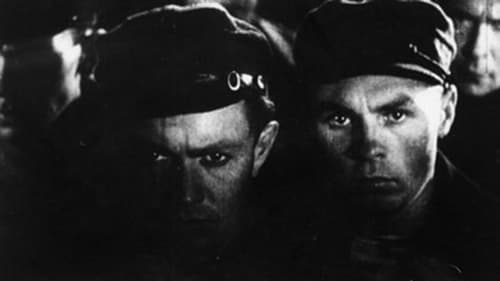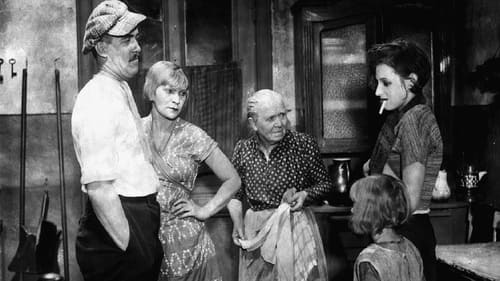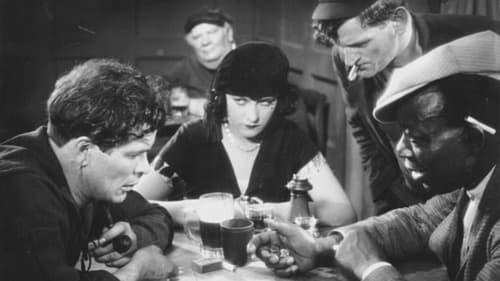
Writer
Russian Fishermen from a small village rise up against the entrepreneurs and the buyers, fighting for higher wages for their hard and difficult work.

Writer
Heinrich George plays Henner who lives with his wife and child on a tugboat, going on the river to Berlin. There he meets the attractive Gescha (Betty Amann), and a story of love, betrayal and sadness ensues.

Screenplay
Mutter Krause, her daughter Erna and her son Paul live in a tenement in the poorer section of Berlin's Wedding district. Along with them lives "the Tenant", his soon-to-be bride Friede, who works as a prostitute, and her child whose name isn't revealed in the film. Mutter Krause is a quiet, long-suffering old woman who earns what little she can delivering newspapers. However, Paul is an alcoholic and spends all her money on drink. Mutter Krause can't pay back the money she owes the man whose newspapers she delivered and he accuses her of stealing and threatens her with arrest. Mutter Krause must then pawn her last valuable possession, a treasured memento of her late husband. Paul then breaks into the same pawn shop. He gets away but is later arrested. Meanwhile, Erna begins dating a young man with Communist views, who turns Erna to Communism and also helps her earn the money her mother needs by more honest means.

Writer
A pre-Depression slice of proletarian life from Weimar Germany, Harbour Drift is unusually interesting for its indifferent pessimism, rejecting even the minor rays of hope which permeate the other low-life ‘street films’ of the period. A sordid tale of poverty and greed set within a quayside milieu of crime and prostitution, the narrative centres on the quest for a sparkling pearl necklace stolen by a beggar under the gaze of a prostitute, who persuades her unemployed friend to steal it back, with tragic consequences. The story unfolds in flashback, without irony or a hint of redemption: life simply goes on. The film is remarkable for the innovative camerawork of Friedl Behn-Grund, which manipulates light and shadow to create a nightmarish atmosphere of fear and premonition.



